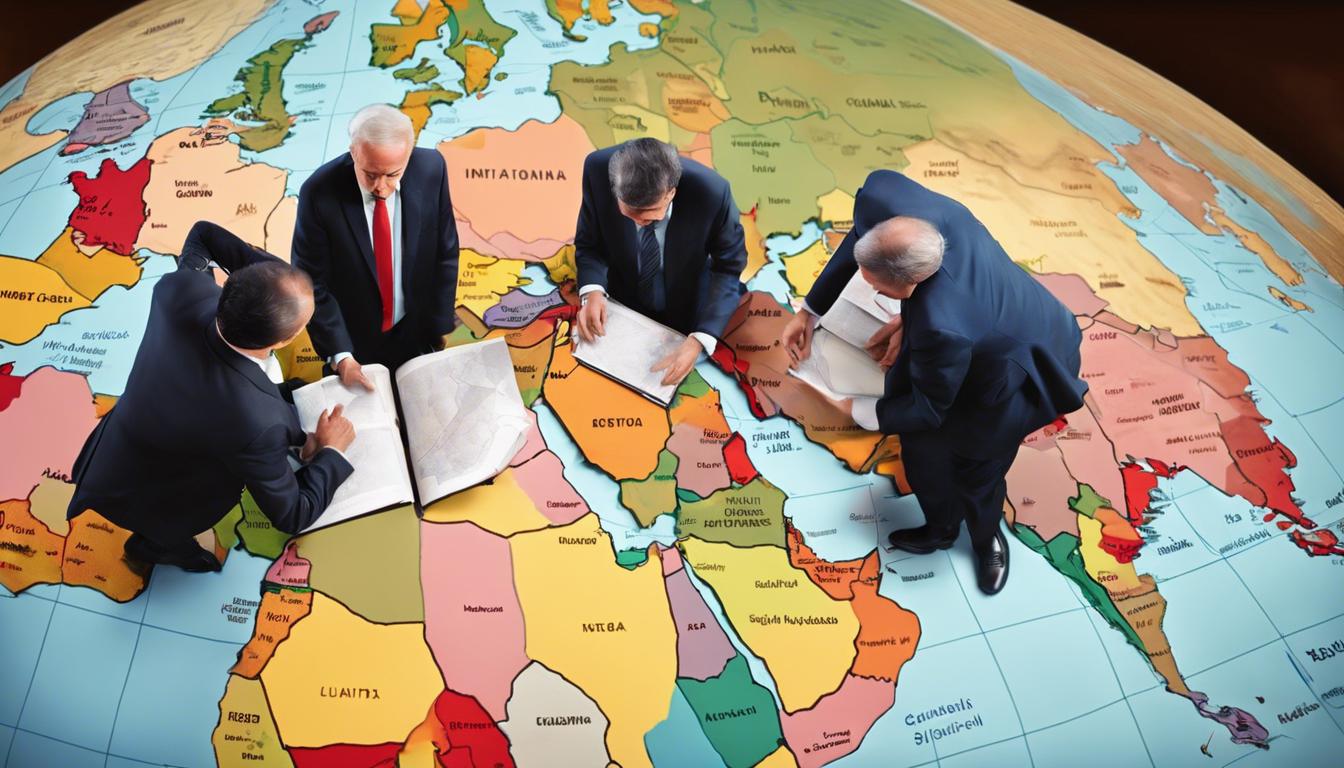As tensions in the Middle East escalate, President Joe Biden has increased US military presence in response to potential threats from Iran, following an Israeli airstrike on the Iranian consulate in Damascus.
US President Joe Biden has signaled an imminent threat of attack by Iran on Israel, amid escalating Middle East tensions. This follows an alleged airstrike by Israel on the Iranian consulate in Damascus, prompting Iran to potentially retaliate with drones and missiles. President Biden has responded by reinforcing US military presence in the region and urging Iran to desist from escalation. Various countries, including the UK and Germany, have cautioned Iran against further provocations.
Simultaneously, several countries are taking preventive measures: The Netherlands has closed its embassy in Tehran; Australia’s Qantas airline has altered flight routes to avoid Iranian airspace; and India, France, Poland, Russia, among others, are advising citizens against travel to the affected area.
Amidst this backdrop of geopolitical tension, there’s ongoing violence between Israeli settlers and Palestinians. In the West Bank, an assault by Israeli settlers resulted in the death of a Palestinian man and injuries to 25 others, purportedly triggered by a search for a missing Israeli teenager. Concurrently in Gaza, the conflict has led to substantial casualties and a worsening humanitarian crisis, with thousands killed or injured.
International responses include Ireland and Spain pushing for a diplomatic approach by reinforcing the two-state solution between Israel and Palestine.
These situations underscore a complex array of military, diplomatic, and community tensions across the Middle East, with global implications and international responses continuously unfolding.













